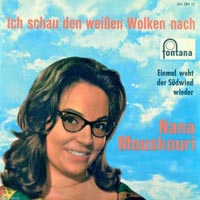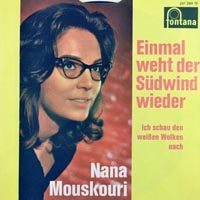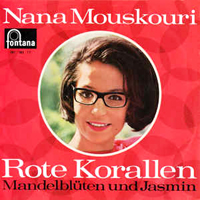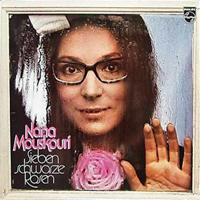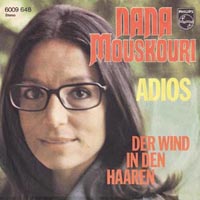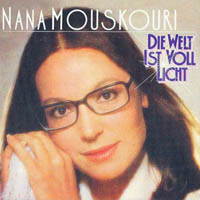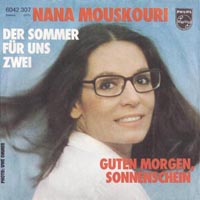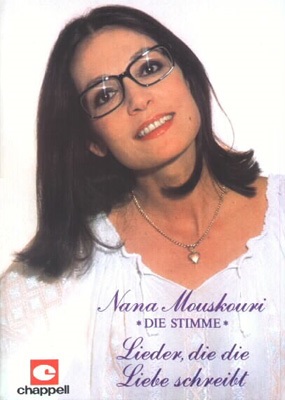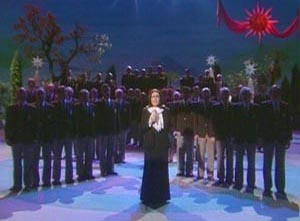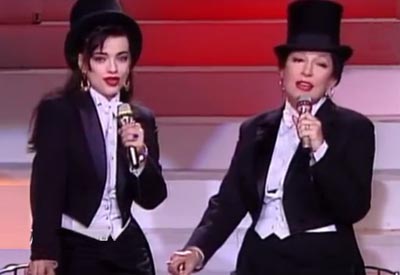WEISSE ROSEN AUS ATHEN
That melody comes from the documentary "Traumland der Sehnsucht". Between August 1961 and April 1962, it became her biggest sales success on the same format in the same country: over one million 45 rpm in Germany. It came out immediately in seven other countries. Over the decades, Nana has recorded it with five different orchestras. In her Repertoire, there are 14 recordings of "Weisse Rosen aus Athen". In the spring of 2012, she toured Germany, Switzerland and Austria to commemorate the 50th anniversary of that signature song.

